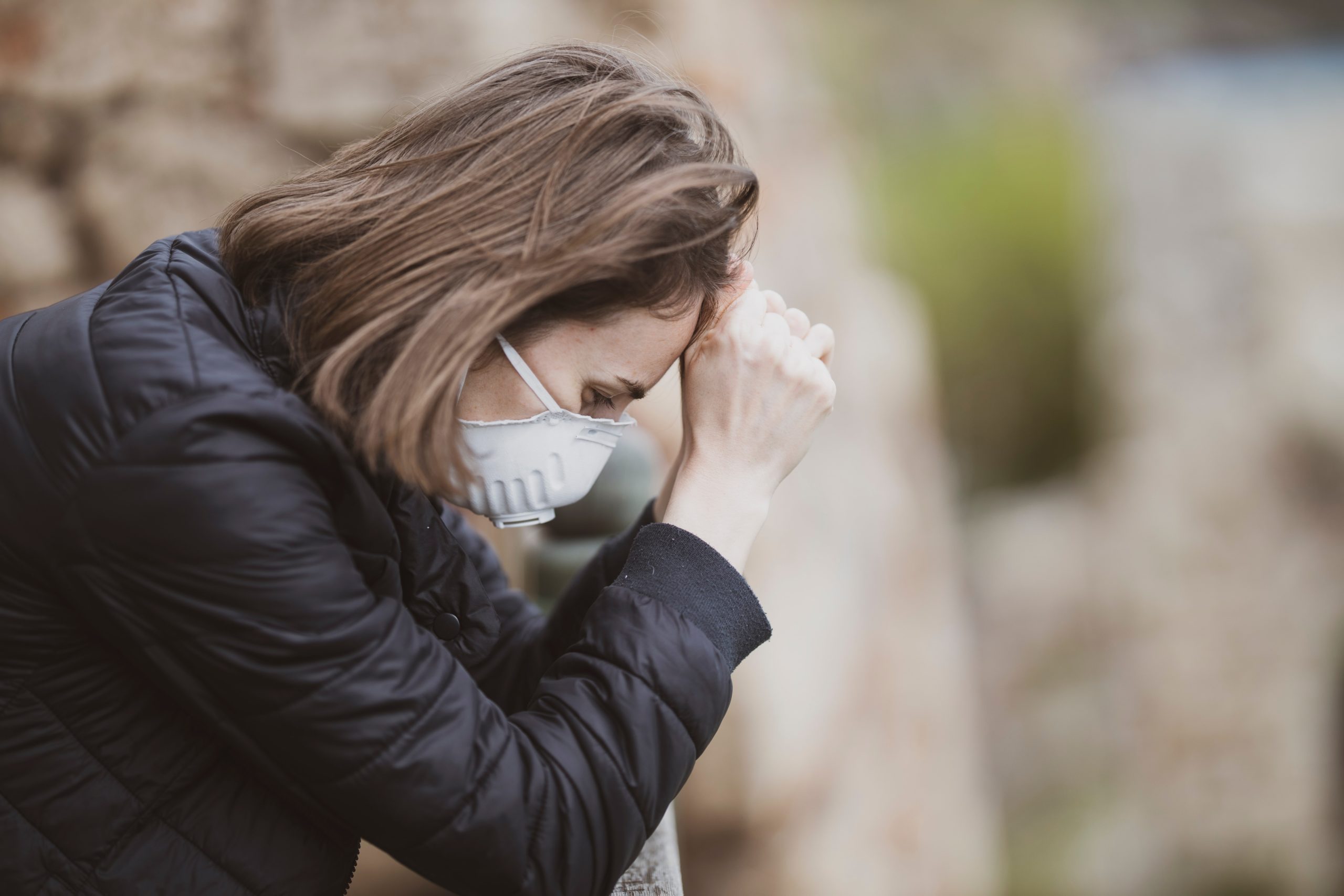
Post-traumatic stress disorder (PTSD) occurs when a person has difficulty recovering from directly experiencing a traumatic event or indirectly witnessing a traumatic event. This trauma can include an illness, a near-death encounter, a car crash, sexual or physical violence, military combat, traumatic childbirth, serious injury, natural disasters, and more.
There is a clear delineation of the time “before the event” and the time “after the event” that sets it apart from the rest of a person’s memories—and, for many people, substance abuse is their method of choice for coping with PTSD.
Symptoms of PTSD
There are four different groupings of PTSD symptoms:
1. Flashbacks of the traumatic experience are relived both mentally and physically and can cause sweating, heart palpitations, nightmares, and frightening thoughts
2. Avoid thinking or talking about the traumatic event and anything, anyone, or anyplace associated with it or a reminder of the event
3. Always on guard for danger, easily startled or surprised, tense and edgy, difficulty sleeping, irritable or angry outbursts, and engaging in self-destructive behavior, like drinking too much or taking drugs
4. Feel hopeless about the future, have negative thoughts about yourself, others, or the world, experience memory problems (including not remembering important parts of the traumatic event), feeling detached from family and friends, difficulty maintaining close relationships, trouble experiencing positive emotions, lack of interest in activities once enjoyed, and emotionally numb
The symptoms of PTSD can vary over time and vary in intensity. For some people, PTSD can begin within a month after a traumatic event. For others, the side effects are not apparent for many years.
A time of general stress can exacerbate PTSD symptoms, as well as unexpected reminders of the trauma. For example, hearing about someone else’s serious health diagnosis and reliving your own trauma, or seeing a news report about an assault and being overcome by memories of your own experience.
How Trauma Can Lead to Addiction
PTSD cannot be compartmentalized and pushed down, only to be pulled out when a person has time to deal with the discomfort it causes. The symptoms of PTSD can occur at any time, interrupting a person’s daily life, their job, and their relationships, making it difficult and sometimes impossible to function normally.
It is awful enough to experience a traumatic event once, but to live it again and again is an unbearable weight. The fear, discomfort, and overwhelming guilt and shame that can come from PTSD are known to contribute to an increased risk of developing a substance abuse problem. Many people turn to alcohol or drugs to dull the feelings they do not want to endure, to attempt to self-regulate their chaotic emotions, and to block out or disconnect from their memories and flashbacks of the trauma.
Dual Diagnosis Treatment in Holistic Rehab
In holistic rehab, it is crucial to properly diagnosis a person so their treatment can be customized to their unique physical and mental health needs. Many people who rely on alcohol or drugs to dull their senses are in fact suffering from PTSD but have never been properly diagnosed.
For the best results and the best chance at a sober life free of post-traumatic symptoms, PTSD and addiction need to be treated simultaneously. The goal is to help an individual confront their PTSD and overcome it by mastering the anxiety and fear, eliminating the episodes, and having the tools to maintain control over their thoughts and feelings.
The therapeutic team at Beachside Rehab understands that addiction itself is not the crux of every problem—something else may be at the root of it. Living a sober life is possible only if the PTSD episodes can be understood and eliminated too. Contact our trained admissions counselors at 866-349-1770 to discuss your individual needs.
